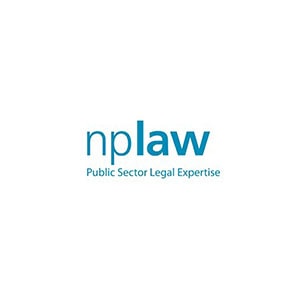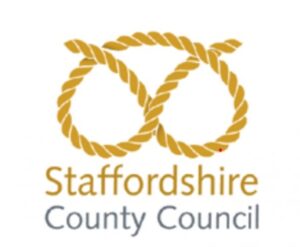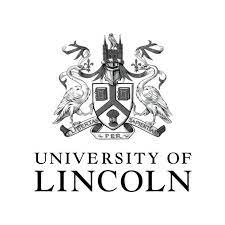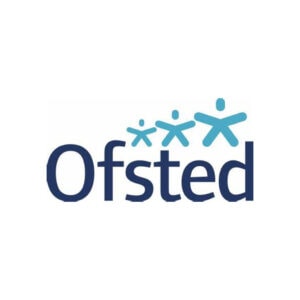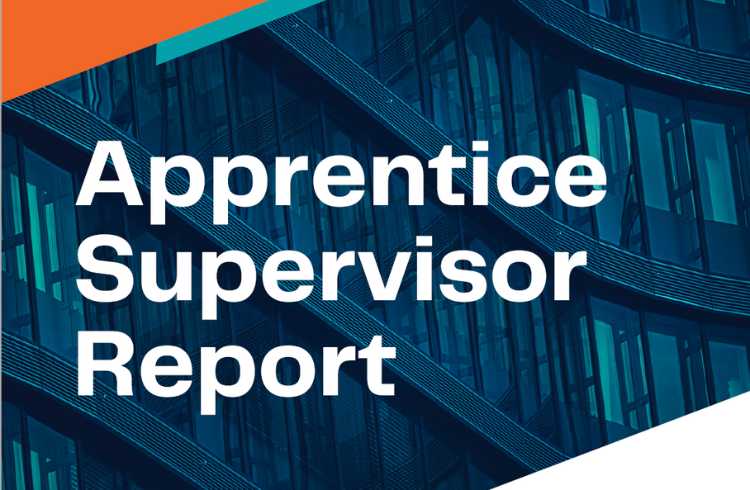Overview
Damar Apprenticeships
There are hundreds of different apprenticeships available, across all sectors and industries. At Damar Training, we specialise in the business and professional sectors, offering apprenticeships in administration, customer service, law, management, travel, data protection and accounting. This specialism allows us to really understand the requirements of each apprenticeship standard, and the industries and employers that we work with.
Accounting Apprenticeships
Business Admin Apprenticeships
Customer Service Apprenticeships

Data Protection Apprenticeships
Management Apprenticeships
Paralegal Apprenticeships
Solicitor Apprenticeships
Travel Apprenticeships
If you are looking for a different type of apprenticeship, see the Find a Training Provider site for employers or the Find an Apprenticeship site for aspiring apprentices.
Standards
Levels
Stages
During this part of the apprenticeship the apprentice will work with their Damar coach and their employer to develop their knowledge and skills and put these into practice. Some apprenticeships have qualifications embedded within them (accountancy and law for example) and so the apprentice may need to take exams.
The exact delivery method varies according to the needs of the apprentice, the employer and the qualification but all of our apprenticeships involve blended delivery model, which combines 1:1 (virtual) visits and group coaching sessions with Damar coaches and expert tutors with online learning, webinars and e-tutorials delivered via our virtual learning environment, Damar OpenLearning. This gives apprentices access to more specialist teaching content and the flexibility to access content at times that suit them and the employer. All apprentices need to spend an average of at least six hours per week on their studies, taken during their normal contracted hours of work. This is the minimum, the actual range for most of our apprenticeships is six to eight hours a week.
Towards the end of this part of the apprenticeship the apprentice will assemble a portfolio of work showing how they are applying their skills and knowledge. They will also prepare for the interview and/or exam that usually forms part of the end-point assessment.
This is the apprentice’s chance to demonstrate their skills and knowledge to an external assessor. Appointed by the Institute of Apprenticeships, the end-point assessment organisation will carry out a final, independent review of the apprentice’s competence. Each apprenticeship has a slightly different end-point assessment but, in many cases, it includes:
- A test (often online)
- A review of the portfolio
- An interview
Off-the-Job Training
All apprentices must spend time in their apprenticeship on off-the-job training. The amount required differs by programme and by individual but the minimum off-the-job training requirement is an average of at least 6 hours a week (during normal contracted working hours). This can be a challenge for some busy employers so if this is a concern, we can guide you through how to manage this and provide you with further information on what does and doesn’t count as off-the-job training. Generally, any activities that fall into the below categories would contribute to the off-the-job hours:
- Theory – such as workshops, online learning, role playing and simulation exercises
- Coaching visits, learning support and time spent completing apprenticeship work
- Practical training apprentices wouldn’t usually do during the week – such as shadowing, mentoring, industry visits or competitions


Qualifications
Upon successfully passing the end-point assessment, apprentices have achieved their apprenticeship qualification. Some apprenticeships also include other accredited qualifications. For example:
- Solicitors Qualifying Examination (SQE)
- Association of Accounting Technicians (AAT) qualifications
Some apprentices also undertake functional skill qualifications in English and maths.
Recruitment
After we agree the job description and which apprenticeship standard is going to be the best fit, we advertise your vacancy and manage the initial recruitment process. We can screen candidates over the phone, ensuring that they have the right skills, qualifications and personal qualities that you are looking for. After you’ve selected which candidates you would like to see, we can also arrange these face-to-face or online interviews for you.
We provide high quality information, advice and guidance to candidates throughout the recruitment process. By ensuring that their CV accurately demonstrates they skills they have on offer and that they are fully prepared for their interview, we ensure that you can see the candidates’ true potential.
Once you have appointed the successful apprentice, we can manage the feedback process for the other candidates. We will also arrange the start date of their employment with you, and the launch visit for their apprenticeship qualification.
We have a dedicated recruitment team who have supported SMEs recruiting one apprentice, as well as large levy payers recruiting over 100 apprentices at one time. Whatever your apprenticeship recruitment needs, please get in touch to find out how we can support you.

Latest news
Changes to apprenticeship funding
Apprentice Supervisors: Research and Insights
The Multi-Generational Workforce
Employer partners





